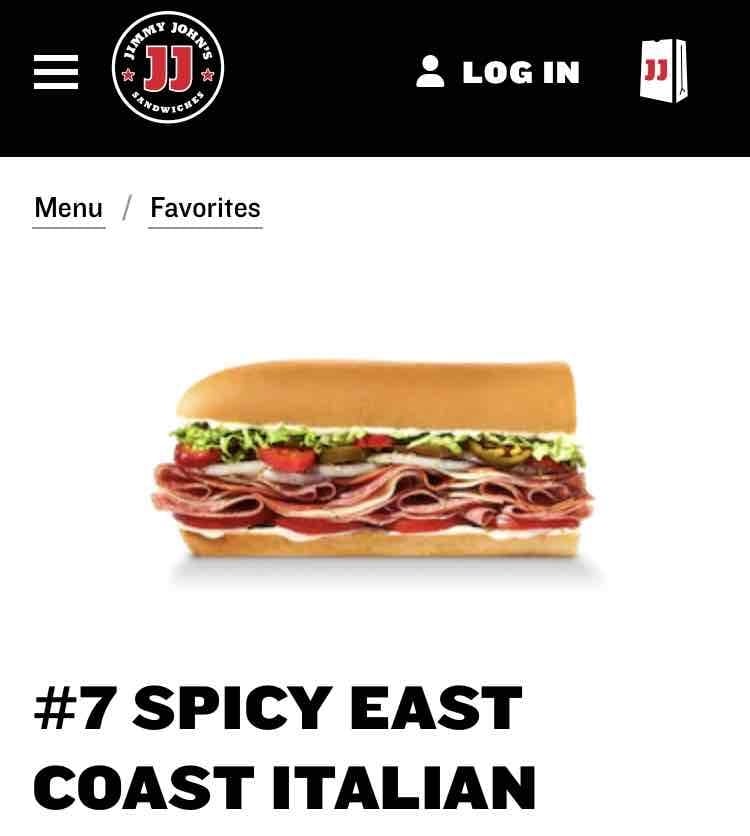The key is that it’s named like a variation of another sandwich. If it was a Spicy Italian in an East Coast version, it would be the East Coast Spicy Italian. However it’s the spicy version of the East Coast Italian, so it’s a Spicy East Coast Italian. Of course, they don’t have a non-spicy East Coast Italian, but I’m pretty sure that’s the thinking.
English usage and grammar
A community to discuss and ask questions about English usage and grammar.
If your post refers to a specific English variant, please indicate it within square brackets (for instance [Canadian]).
Online resources:
- Cambridge English Dictionary
- Merriam-Webster Dictionary and Thesaurus
- Gilman's Webster's Dictionary of English Usage. This is a great and witty reference about usage, its history, and its controveries
Sibling communities:
Rules of conduct:
The usual ones on Lemmy and Mastodon.. In short: be kind or at least respectful, no offensive language, no harassment, no spam.
(Icon: entry "English" in the Oxford English Dictionary, 1933. Banner: page from Chaucer's "The Wife of Bath's Tale".)
Ah, ok. So it’s crucial to know that there is an existing type of sandwich just named “East Coast Italian”. That clears it up. Thanks all for answering.
I don't know if I've ever ever eaten at Jimmy John's, but my first reading of this was exactly that: that there must be a non spicy version and this is the spicy one. Must have been the adjectival order
It's an East Coast Italian, but spicy.
I think “Spicy” would be a physical quality.
Like someone else said I would think about “East Coast Italian” as a proper noun for a common sandwich (ie “peanut butter and jelly”) and “spicy” as a modifier on the whole thing (ie spicy peanut butter and Jelly sandwich)
I'm with you on this, it sounds wrong in that order. They are probably trying their best not to infringe someone else's trademark or something.
We've been inundated with "follow steps bellow para and revert" for so long that "the above text" and "instructions following" don't seem to raise an eyebrow -- let alone inspiring concern about the writer having an aneurysm.
Adjective Order is a bridge too far.
